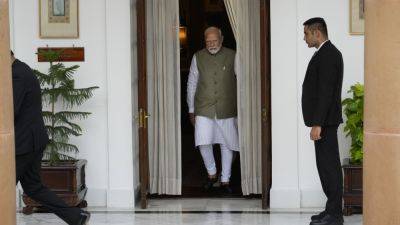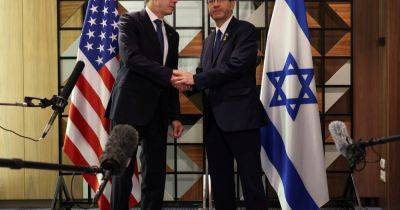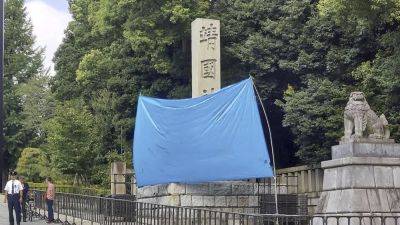Netanyahu’s assassinations a forever war gamble
The missile that struck a building in southern Beirut on Tuesday, killing Hezbollah’s senior military commander Fuad Shukr, had been widely anticipated.
Three days earlier, a Hezbollah rocket – which had no doubt missed its military target in northern Israel – struck a football pitch in the Israeli-controlled Syrian Golan Heights. Twelve young people between the ages of ten and 20 were killed.
With the Beirut strike targeting a single Hezbollah leader, Israel carried out its pledge of a “harsh response” while also keeping it relatively contained in terms of the conflict between the two sides.
What had not been anticipated was the sequel hours later. Another airstrike targeted an apartment block in Tehran. It killed the political leader of Hamas, Ismail Haniyeh, only hours after he had met both Iran’s supreme leader, Ali Khamenei, and the country’s new president, Masoud Pezeshkian.
It’s a killing that has significantly upped the ante between Jerusalem and Tehran, after a period of business as usual in the skewed calculus of relations between the two countries.
While it has claimed responsibility for the strike that killed Shukr, the Israeli government has not admitted it was behind the death of Haniyeh in Iran and said it had no comment to make.
But a representative of the Israel Defense Forces (IDF) posted on X (formerly Twitter) that it had killed another top Hamas commander, Mohammed Deif, in an airstrike in southern Gaza on July 13.
The past year has seen a series of tit-for-tat attacks between Israel and various Iranian proxies in Lebanon, Syria, Yemen and Iraq, none of them particularly deadly in the scheme of things.
These were episodes perhaps best exemplified by Iran’s launch, in April, of 120 ballistic







